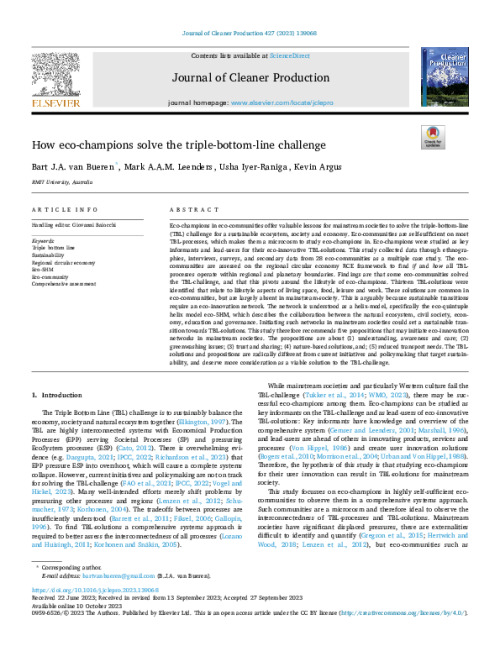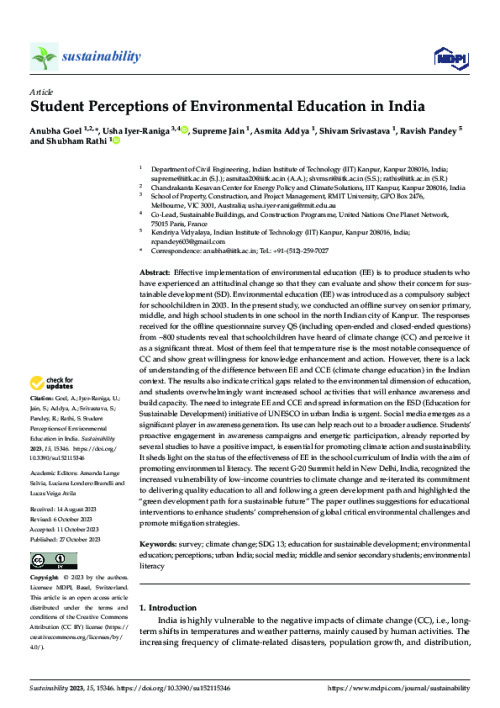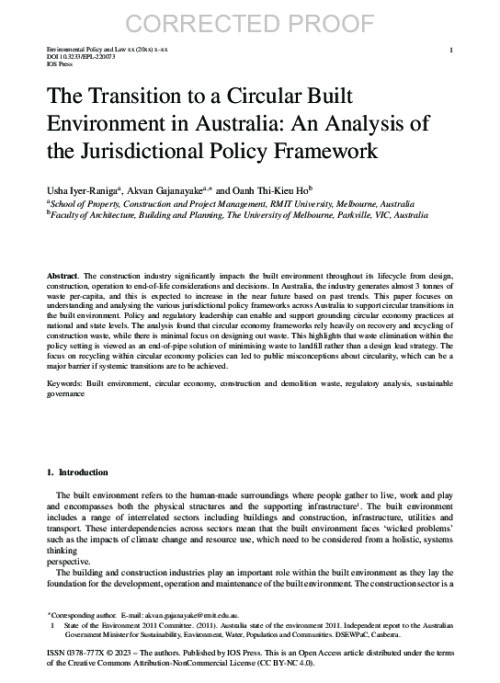2021 PAGE Global Academy on the Green Economy
The full capture of the potential of renewable energy to power our economies and societies is central in the transition to a green economy. If the energy mix in industrialized countries is steadily moving to a higher share of renewables, the continued reliance on fossil fuels in emerging and some developing countries is undermining the path towards lower levels of greenhouse gas emissions at global level.
Yet in countries without a heritage of traditional electricity systems and power generation from coal, oil or gas, the leap to renewable sourced energy can be made much quicker. Moreover, those countries with well-developed mobile telephone technology and networks have been able to reach faster proliferation and energy access rates using pay-as-you-go systems targeted at low income consumers.
These sessions intend to raise understanding of the technical, market and policy requirements for integrating renewables in a wide range of contexts. They will revisit the main features, rationale, objectives and possible instruments how to promote the creation and use of renewable energy products and services. Based on the work of PAGE and others, they will illustrate practical attempts at country level how to support the required transformative change.
They will also consider the required investments and possible sources of funding, the creation of the right business environment that would enable local enterprise creation
Professor Usha Iyer-Raniga is at the School of Property and Construction Management at RMIT University. Usha is co-leading the One Planet Network’s Sustainable Buildings and Construction Programme (SBC), United Nations 10 Year Framework of Programmes on Sustainable Consumption and Production (UN 10FYP SCP) aligned with Sustainable Development Goal 12, as well as the newly formed Integrated Platform for Circular Economy, Climate Resilience, and Energy.


